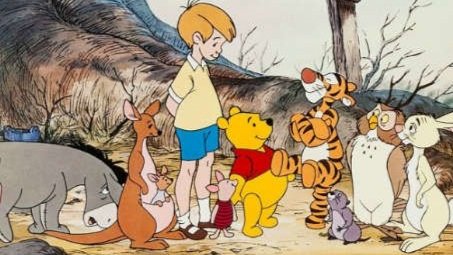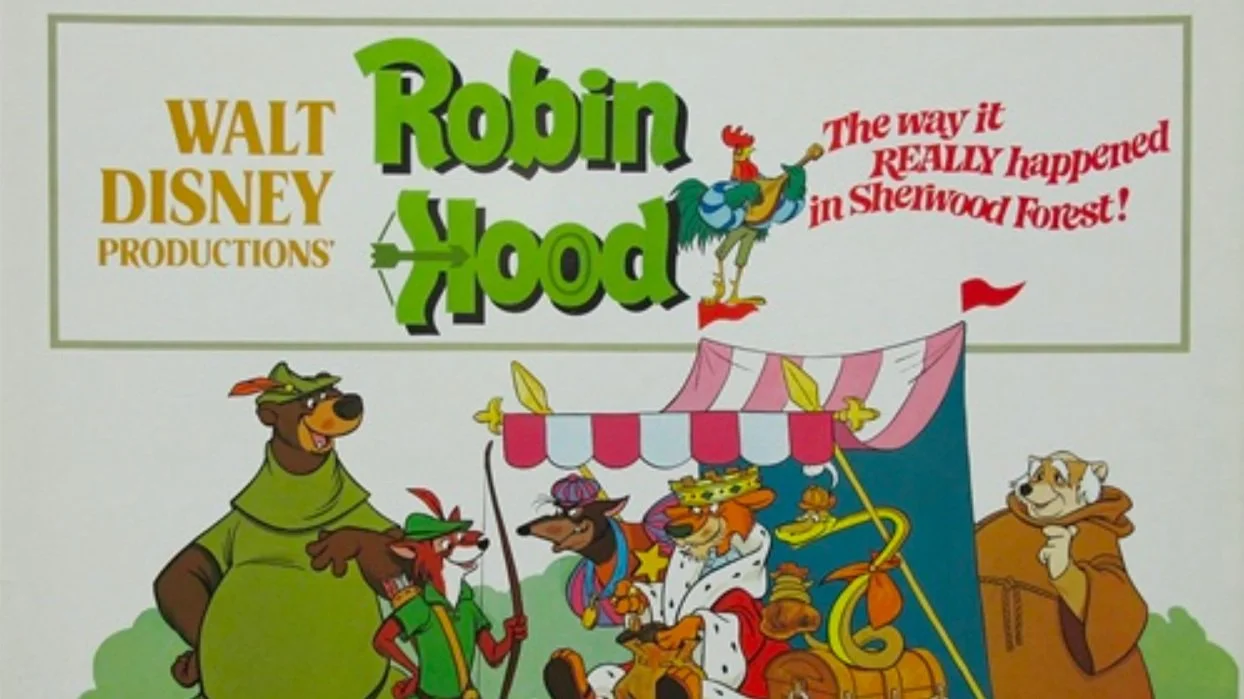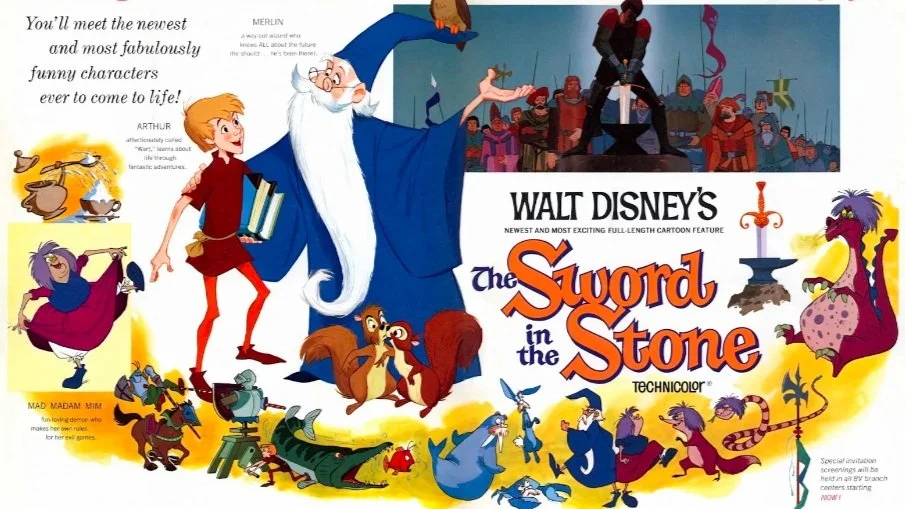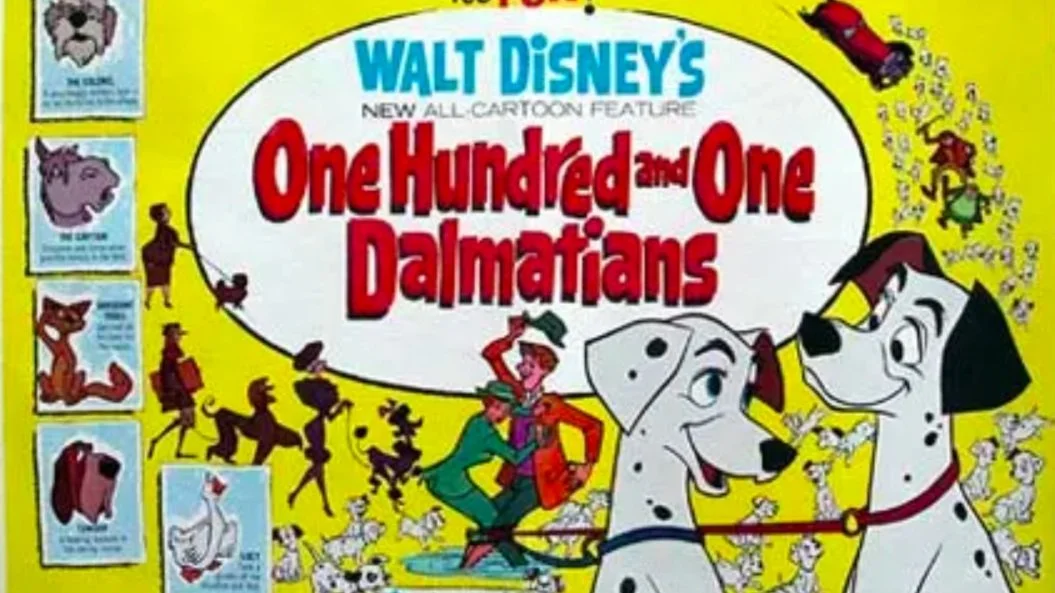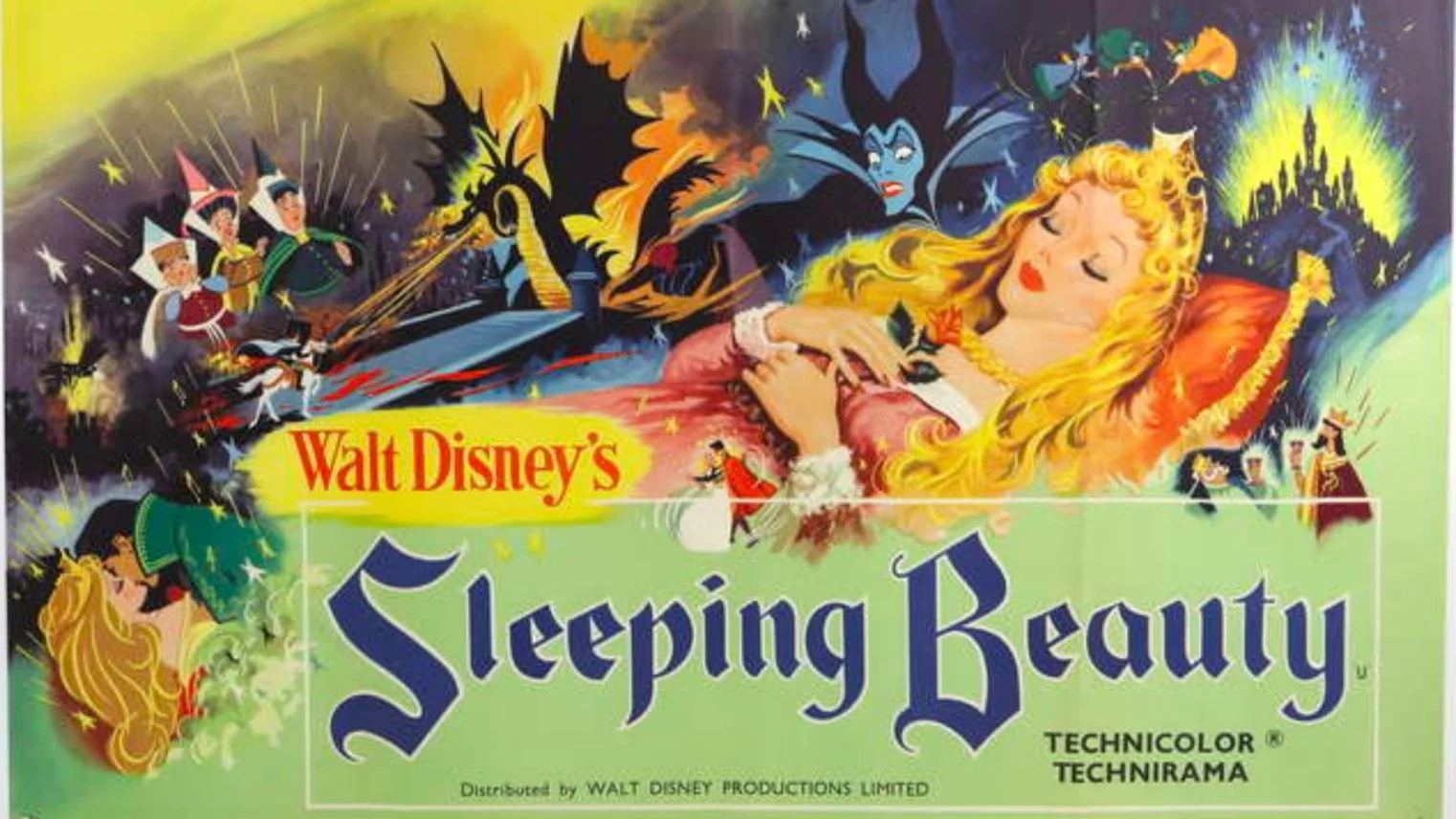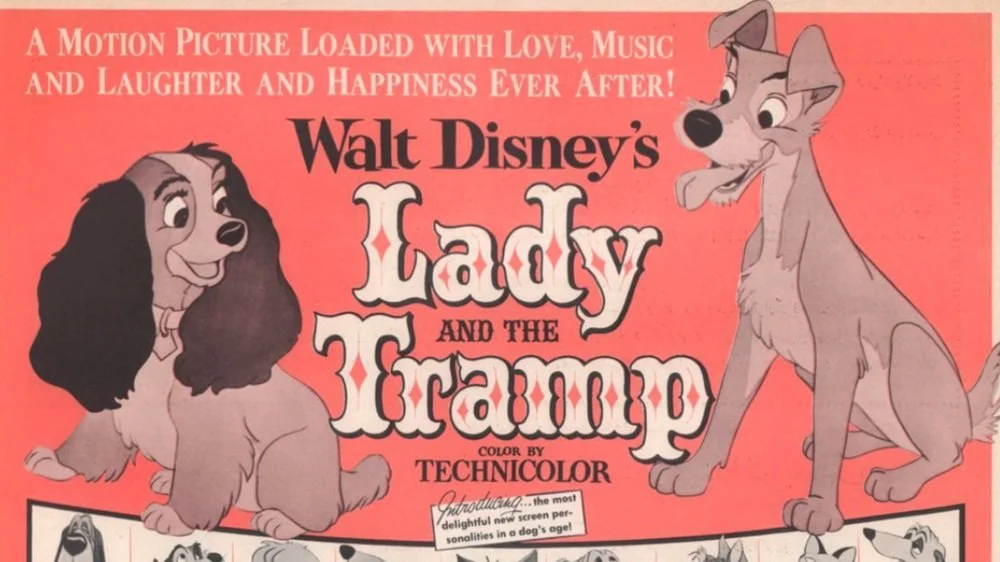Reel Pride: Carol (2015)
In a busy department store, Carol (Cate Blanchett) is looking for a Christmas gift for her young daughter. She catches a glimpse of the waifish shopgirl Therese (Rooney Mara) and asks her advice on which doll to get. Therese instead directs Carol to what she would have liked as a child: a train set. A sale is made. A glove is left behind perhaps intentionally, and a hushed, tentative romance begins. Todd Haynes’ expressive 2015 film Carol emerged as one of the most critically acclaimed films of the year. The film has a quiet aesthetic and passionate intensity, both hallmarks of Todd Haynes’ impressive filmography. Carol is a fascinating creature, a passion project taking decades to come to the big screen and arriving as a sublime and deceptively warm love story.
Carol and Therese begin to meet as friends. Their eyes lock a little longer than normal, they touch more than normal. For Therese, this is a developing friendship but perhaps something more in her subconscious. Carol is more forthright in her pursuit of Therese. She never utters the words “lesbian,” “gay,” or “homosexual,” but she knows what she wants. Her former lover Abby (Sarah Paulson) is still a part of her life. Carol’s romantic life puts pressure on her marriage, and threatens to cost her custody of her daughter. While Carol takes place in lush snowfalls and twinkly décor of Christmas, it doesn’t shy away from the harsh reality Carol and Therese find themselves in. Their romance is beautiful though not always smooth, but they are still two beings living for themselves. And that is a scary thought.
Much like Moonlight the following year, Carol presents a love story that exists in a world without the words to express one’s true feelings. This film has people dance around homosexuality, without naming it. There’s just something different about these two women, who can’t quite do what society or the men in their lives expect of them. Carol’s influence from Douglas Sirk (especially All That Heaven Allows, of which Haynes’ Far From Heaven was a more direct homage) presents wealthy society as a prison for those who dare to exist beyond that culture.
Carol can be jarring to watch for one simple reason: it really does not care about the men in the film. It’s not just that Carol and Therese act on their own desires, impulses, and needs. But Haynes (and his screenwriter Phyllis Nagy) don’t offer much in the way of empathy for Carol’s estranged husband Harge (Kyle Chandler) or Therese’s needy boyfriend Richard (Jake Lacy). These men try to squeeze Carol and Therese into boxes, often acting stupidly or childishly. They whine petulantly, but unsuccessfully exert their power over the women. This can be unsettling to watch, usually because even some of the best queer movies take straight people in consideration. And I certainly remember straight men taking issue with the treatment of men in the film, perhaps not realizing that their fixation on this issue is indicative of how radical the film is. Carol and Therese look at each other through their own gaze, and the male gaze doesn’t even register. Carol is a rebuke to a confining society, where women who don’t confirm must suffer for the sake of social order.
This radical element of Carol is elevated by a filmmaking style that also rejects the standard Hollywood narrative. The plot meanders, focusing more on the soft interactions between the characters. Even as the plot elements kick in towards the back hour of the film, the filmmaking is elliptic. The score by Carter Burwell is enigmatic; even just thinking about it can bring fleeting images from the film into my mind. Edward Lachman’s cinematography captures looking and seeing, both from a distance and with a scorching intimacy. The escalation of touching between Carol and Therese is deliberately paced, until it culminates in a sexual encounter that is brimming with desire and love. Admittedly, Carol can be chilly but intentionally so. The rare moments of unbridled affection between the two women are then all the more impactful.
Todd Haynes’ films, including the currently playing Dark Waters, Far From Heaven, I’m Not There, Safe and Velvet Goldmine, are about people breaking through barriers, and creating their own identities and gender expressions. His films are transgressively crafted, forgoing conventional structure. Haynes employs the cinematic technique in media res, in which a film begins with a scene that happens later chronologically, to great effect. The opening scene ends on a cliffhanger of sorts, and when the film returns to it, the events leading up to it give it an urgent context. The final scene of Carol is subversive, ending with an entrancing question mark but one that delivers endless possibilities to the imagination.





